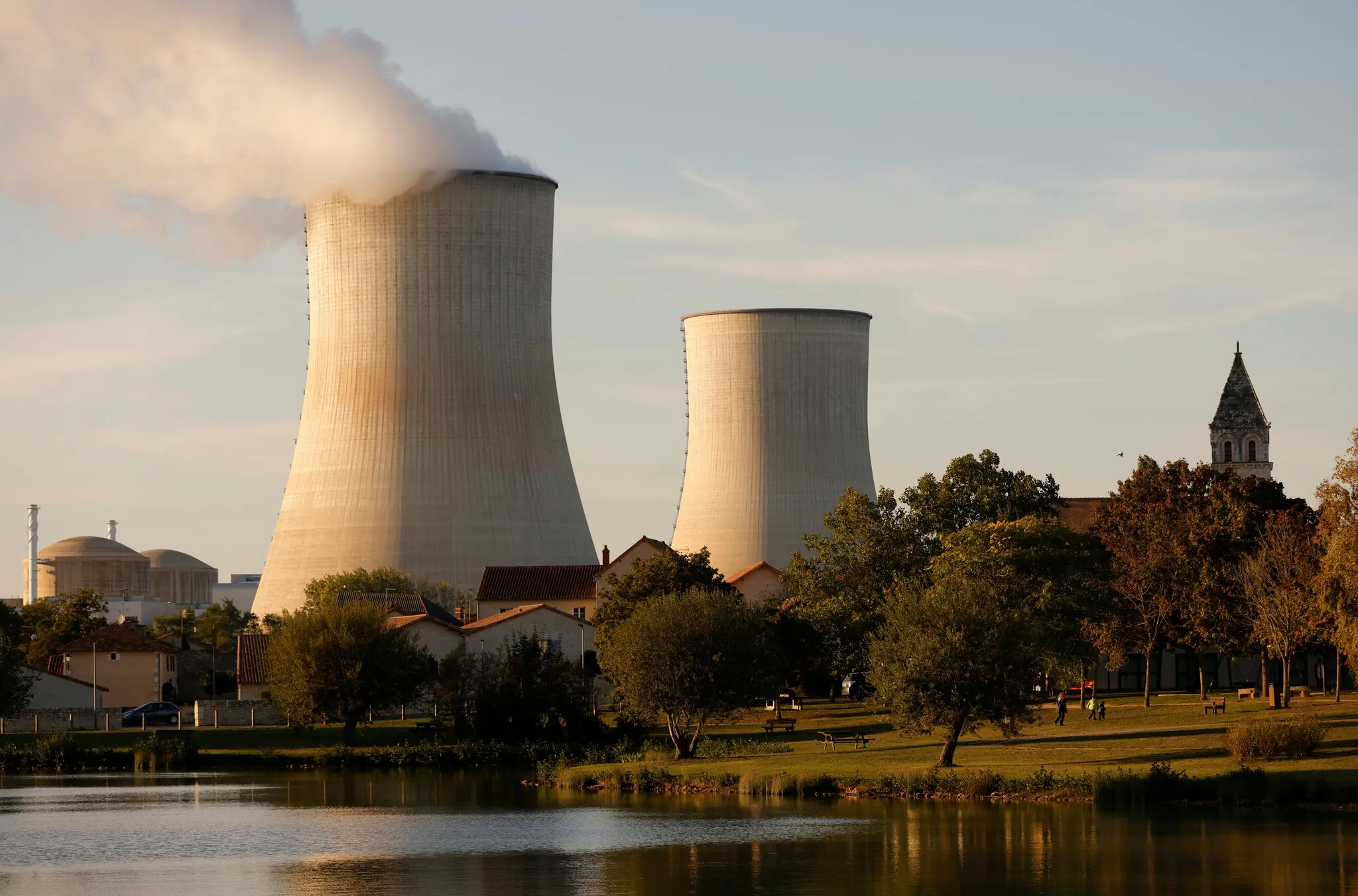The tech industry’s growing appetite for energy, driven by artificial intelligence (AI) and cloud computing, is pushing global electricity demands to unprecedented levels. According to the U.S. Department of Energy, global electricity usage could increase by up to 75% by 2050, with tech companies’ AI ambitions serving as a significant factor.
Data centers supporting AI and cloud computing are becoming massive energy consumers, rivaling the electricity demands of entire cities. For instance, Mark Nelson, managing director of Radiant Energy Group, explained, “A new data center that needs the same amount of electricity as, say, Chicago, cannot just build its way out of the problem unless they understand their power needs—steady, 100% power, 24/7, 365 days a year.”
To address these growing demands while staying committed to sustainability goals, tech giants like Google, Amazon, Microsoft, and Meta are increasingly investing in nuclear power. Nuclear energy offers a scalable, carbon-free, and always-on solution that complements intermittent renewable sources like wind and solar.
Michael Terrell, Google’s senior director of energy and climate, emphasized the advantages of nuclear energy: “It’s a carbon-free source of electricity. It’s a source of electricity that can be always on and run all the time. And it provides tremendous economic impact.”
For years, nuclear energy faced setbacks due to safety concerns, fears of meltdowns, and widespread misinformation. However, the energy landscape is shifting. Experts believe that tech companies’ investments could spark a “nuclear revival,” providing a sustainable energy pathway for both the tech industry and broader society.
As AI and data-driven technologies continue to expand, nuclear power may become an integral part of the energy transformation necessary to meet the rising demands of the digital era.
















